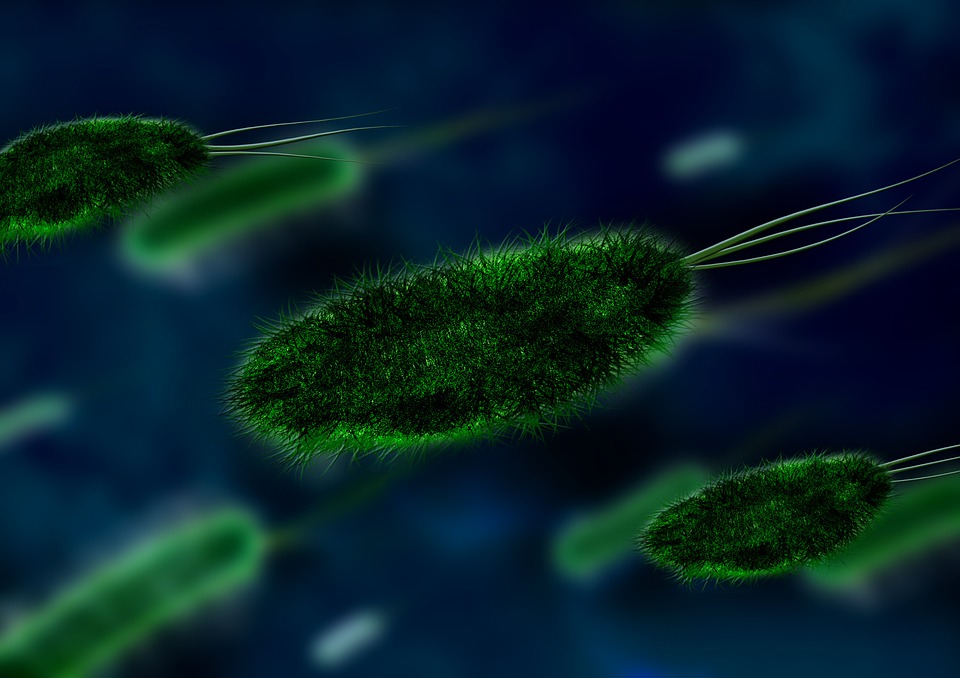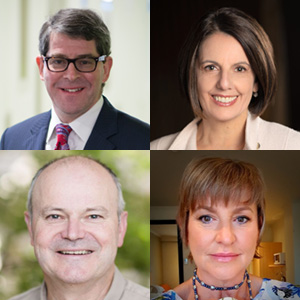The Bacteria Inside Us: Compadres, Passengers & Pests
The 2017 RSV Medal for Excellence in Scientific Research: Lecture, Award & President’s Soiree

Professor Trevor Lithgow
ARC Laureate Fellow, Biomedicine Discovery Institute
Monash University
Humans are awash with bacteria. In addition to the commensal passengers we carry on our skins and in our guts as our “microbiome”, and the occasional pathogen that causes disease, our cells are powered by mitochondria, which were themselves once bacteria. All eukaryotes: animals, plants, fungi and a range of other organisms, have mitochondria within their cells for the same life-sustaining purposes. This oration will present aspects of bacterial cell biology that explain the means by which this evolutionary triumph was achieved. In addition, using new technologies for imaging bacterial cells at nanoscale, we are piecing together the means by which bacteria communicate with each other and their human (and other) hosts in an attempt to maintain harmony, and yet maximize good outcomes for all involved. While once dismissed simply as “germs” and too small to be understood, advances in several technologies are revealing the complex cell biology at play in the bacteria that are on us, in us and part of us.
About the speaker:
Professor Trevor Lithgow is the 2017 winner of the Royal Society of Victoria’s Medal for Excellence in Scientific Research, the Society’s highest and most prestigious award.
Trevor is an ARC Laureate Fellow in the Biomedicine Discovery Institute at Monash University. Current work in the Lithgow lab, using Escherichia coli as a model system, is focused on understanding how bacterial cells build their surface structures. He is the author of more than 150 research articles, including papers in Nature and Science.
Lithgow received his PhD from La Trobe University in 1992. As a postdoctoral fellow with Gottfried Schatz at the University of Basel, he helped discover components of the protein translocase in the outer mitochondrial membrane (TOM complex) and characterize the function of receptor domains in discriminating and driving protein transport into mitochondria. He lectured in Biochemistry at La Trobe University for four years and lectured in Molecular Biology at the University of Melbourne for ten years. He moved to Monash University in 2008 as an ARC Federation Fellow to establish a Bacterial cell biology lab, an inter-departmental research program in Host-Pathogen Molecular Biology and an international NHMRC Program in Cellular Microbiology. In recognition of his scientific accomplishments, he was elected Fellow of the Australian Academy of Sciences in 2010.








